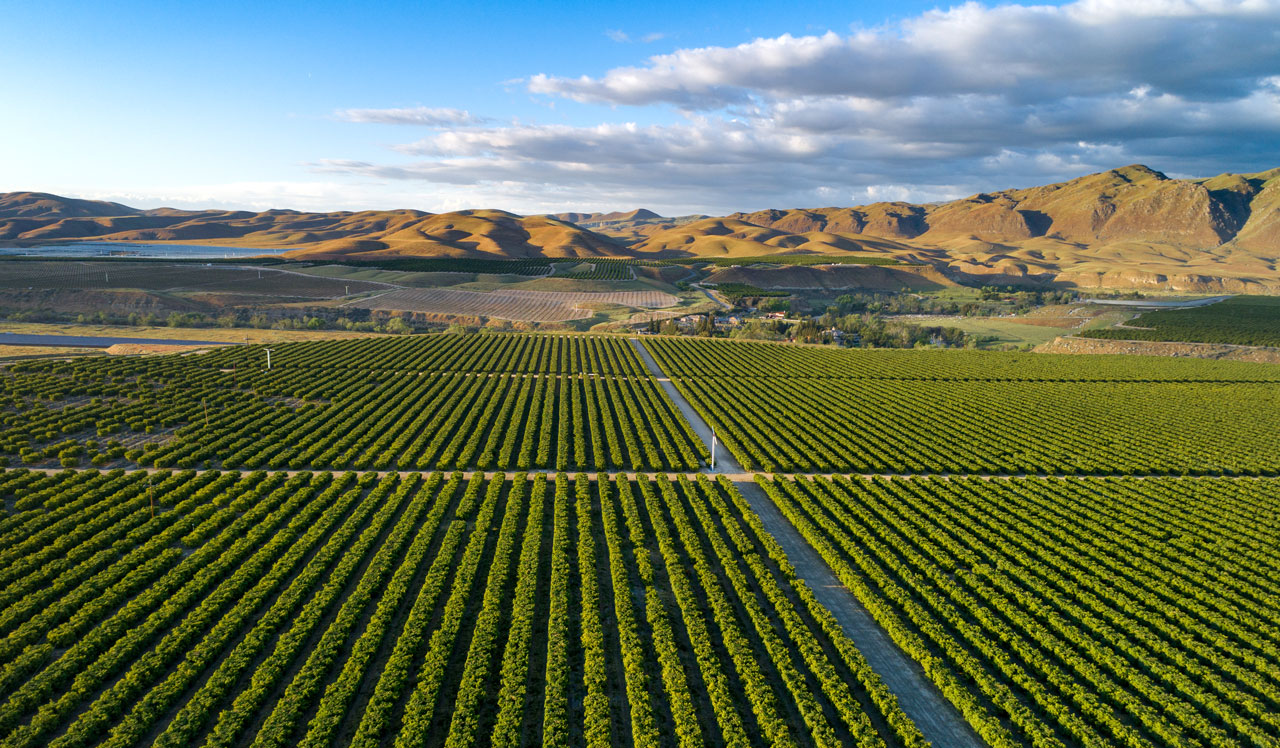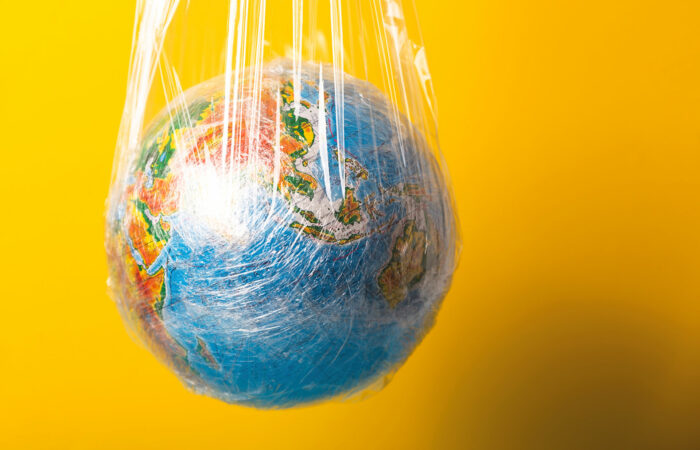
Biodegradable plastics are materials that can break down, decompose, and return to the environment as a natural substance, such as water, carbon dioxide, and biomass, under certain environmental conditions. They are often made from renewable resources, such as cornstarch, potato starch, and sugarcane, but can be made from fossil fuels like petroleum.
Using biodegradable plastics in agriculture has several potential benefits:
- Reduction of pollution: Traditional plastic products can take hundreds of years to break down in the environment, and in the meantime, they can litter the land, waterways, and oceans, harming wildlife and ecosystems. Biodegradable plastics, on the other hand, break down more quickly and are less likely to contribute to pollution.
- Improvement of soil health: Some biodegradable plastics can add organic matter to the soil when they break down, which can improve soil structure and fertility. This can be especially beneficial in areas where traditional plastics have been used for long periods of time and the soil has become polluted. Soil biodegradable plastics return to the soil and are consumed by microbial activity.
- Resource conservation: By using bio-preferred biodegradable plastics, we can reduce our reliance on fossil fuels and conserve these non-renewable resources for other uses.
- Cost savings: In some cases, biodegradable plastics may be more expensive to produce than traditional plastics. However, they can be more cost-effective in the long run because they do not have to be disposed of in landfills, where they would take up space and potentially release harmful chemicals into the environment. Also, the microplastics released into the soil by the process of rolling up the used polyplastic adds a staggering amount of material.
It is important to note that biodegradable plastics are not a perfect solution, and more research is needed to determine the optimal conditions for their breakdown and their potential impacts on the environment. However, they do offer a promising alternative to traditional plastics in many applications, including agriculture. If the end of life is soil or water, Recede Bioplastics may be a good solution for you.



